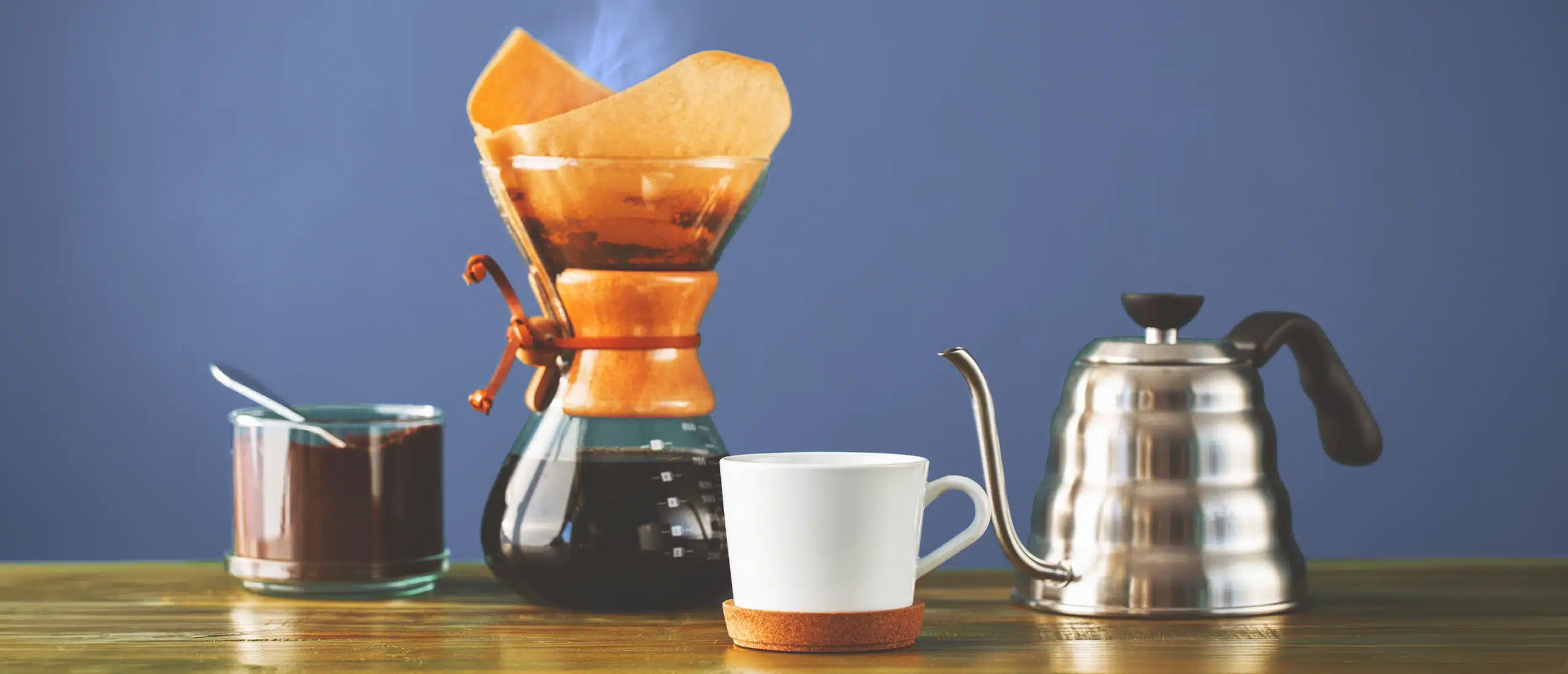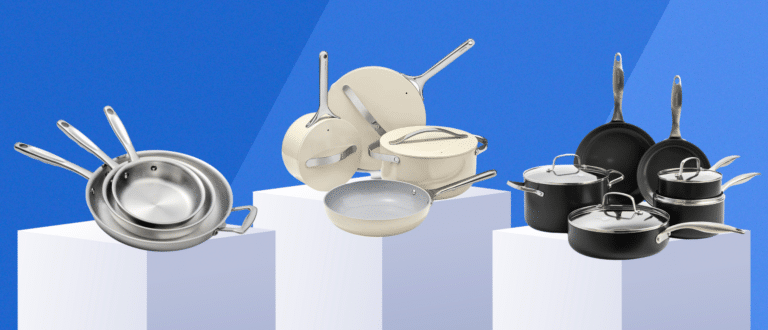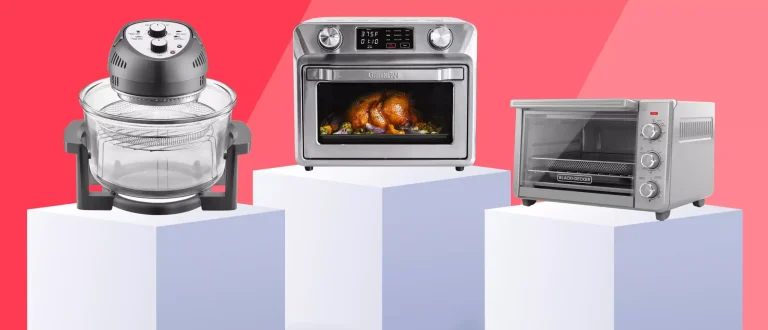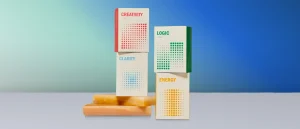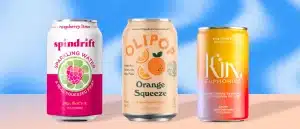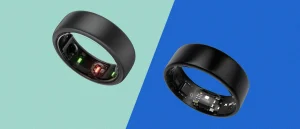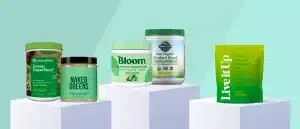Plastic-Free Coffee Makers Can Still Make Great Coffee. Here’s Proof
There are few things more sacred to Americans than that first morning coffee, which is why it pains us to share that, for most folks, it may be worth considering a new coffee maker.
Many coffee makers, especially automatic brewers on the cheaper end of the spectrum, are made with more economical materials which, in the coffee world, almost invariably means hardened plastics. Upon coming into contact with blazing hot coffee, these plastics may leech into your morning brew. Research suggests this leeching can lead to an increased risk of reproductive issues, heart disease, Type 2 Diabetes, some cancers, and more.
The best way to avoid these risks is to mitigate them by investing in a coffee maker that reduces plastic on the inside of the machine, or anywhere coffee touches, in its brewing process. Here’s what you need to know about plastic-free (or nearly free) coffee makers.
Why Get a Plastic-Free Coffee Maker?
The specific worry regarding plastic leeching is Bisphenol A, or BPA. It’s a chemical used in the making of virtually all plastics to harden the material, and most people are exposed to it constantly. In its 2004 study documenting environmental chemicals present in the human body, the CDC found BPA in “nearly all of the people tested, which indicates widespread exposure to BPA in the U.S. population.” It should be noted that the presence of BPA in your body does not necessarily mean you’ll suffer negative health consequences, but it is likely to raise your risk levels. Additionally, BPA is, thankfully, not a “forever chemical”—your body will process it and excrete it in about a week. The flip side of the coin is that, despite your body dumping BPAs somewhat regularly, almost every person sampled in the CDC’s study still had varying amounts of the chemical in their bodies, suggesting regular exposure.
Is BPA-free safe?
And just because your appliances are marketed as BPA-free doesn’t mean you’re in the clear. When BPA was identified as toxic and consumers became more aware of it, many product manufacturers began making their products with bisphenol S (BPS) and marketing them as BPA-free. While technically true, it’s becoming evident now that BPS is, for all intents and purposes, at least as bad as BPA for the human body. Until a suitable alternative is found, the most effective way to dodge harmful plastics from leeching into your food and water is to remove as many avenues in which heated food or liquid encounters plastic as possible.
The Best Plastic-Free Coffee Makers



